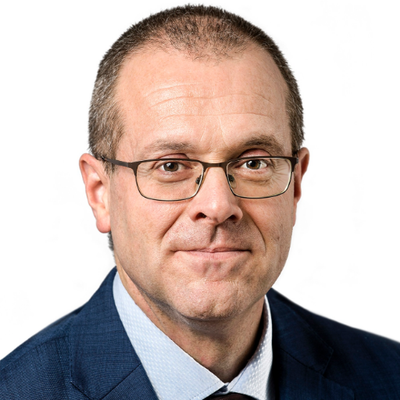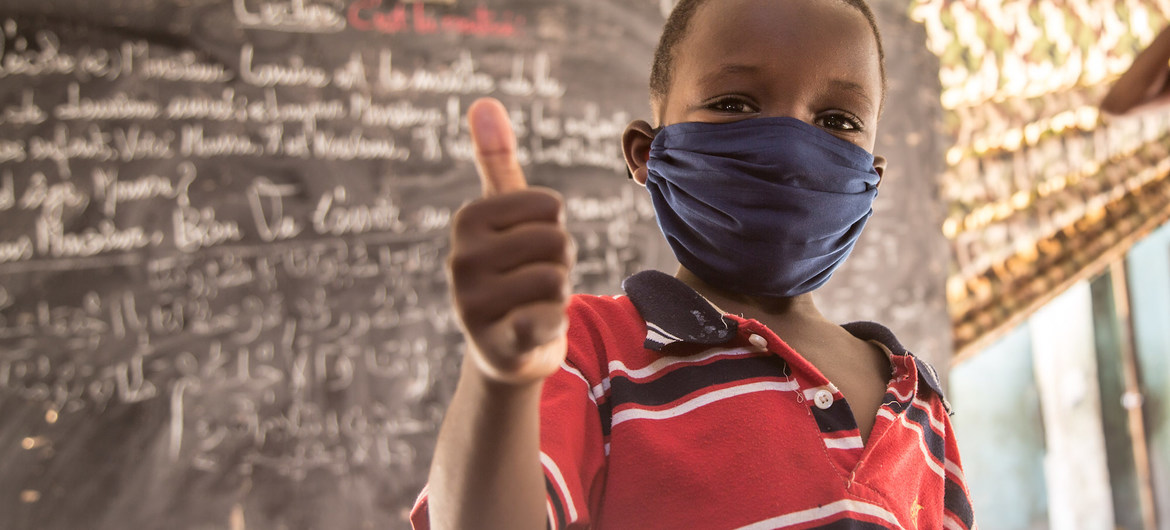“All of us have the opportunity and responsibility to help avert unnecessary tragedy and loss of life and limit the further disruption to society and businesses,” Dr Kluge
 KRC TIMES Desk
KRC TIMES Desk


With COVID-19 cases at record numbers in many European countries, the WHO has warned of a potential for 500,000 new deaths across the continent by the end of winter. The region has already been the worst hit in the world, with 1.4 million deaths. With the Delta variant rampant across Europe, the WHO is urging increased vaccine take-up to prevent the death toll from nearing 2 million people by March.
All European nations have extensive access to vaccines, but there are big variances between different countries’ vaccination rates and policies – particularly over the issue of vaccinating children. In Portugal, 88% of people are fully vaccinated, while in Bosnia and Herzegovina just 22% are vaccinated. In France, proof of vaccination is required to enter public places such as restaurants, while in Austria the government has announced a lockdown for unvaccinated people and will introduce new laws in February making it compulsory for citizens to be fully vaccinated.
Vaccination slows the spread of COVID-19, because it bolsters our immune systems, making us less likely to become infected. If vaccinated people become infected they are between 40-60% less likely to pass it on to others because the vaccine makes them less likely to develop contagious symptoms. Getting vaccinated also massively decreases the risk of dying from the coronavirus
While it may not be possible to completely stop the circulation of COVID, it is possible to reduce case numbers to much lower levels than we are seeing right now. This would also lessen the possibility of the virus mutating into further new strains.

As well as getting vaccinated, the WHO’s Regional Director for Europe, Dr Hans Kluge, said this week that continuing to wear masks, physically distance, ventilate rooms and wash our hands regularly slows the spread.
“All of us have the opportunity and responsibility to help avert unnecessary tragedy and loss of life and limit the further disruption to society and businesses,” Dr Kluge said.
Whether you live in Europe or anywhere else around the world, it is vital that we all do what we can to reduce the spread of COVID. By doing so we help save lives, avoid huge pressure on hospitals and health systems, and help the recovery of global economies
Advertisements | 5E For Success

KRC Membership is the first step towards an evolved career-building support system powered by KRC Foundation.
Ideal for students and job seekers.
Mail resume to- 5eforsuccess@gmail.com WhatsApp: 9531090090



